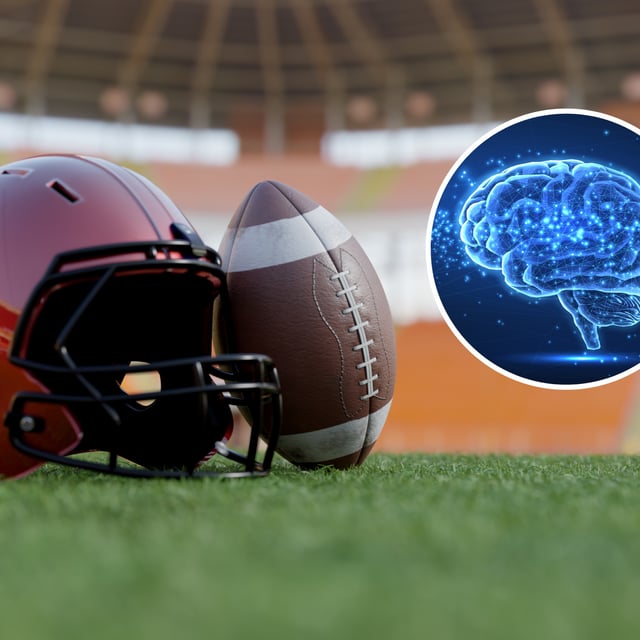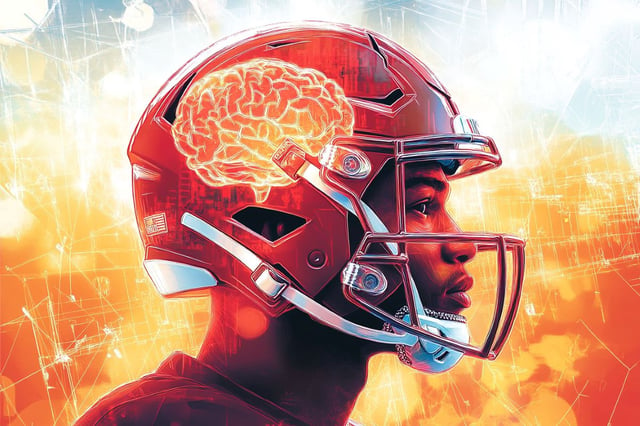Overview
- A study of 91 high school football players found that concussions slow aperiodic brain activity, a signal often dismissed as background noise.
- Aperiodic activity is linked to cortical excitability, which is critical for learning, memory, decision-making, and other cognitive functions.
- Slowed aperiodic activity correlated with worse post-concussion symptoms, including impaired concentration, memory, and test performance.
- Findings suggest that monitoring aperiodic brain activity could improve concussion diagnosis, tracking, and recovery strategies.
- Researchers emphasize the importance of protective measures in youth contact sports and ensuring full recovery before returning to play.

